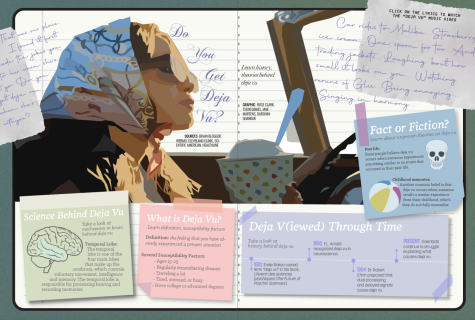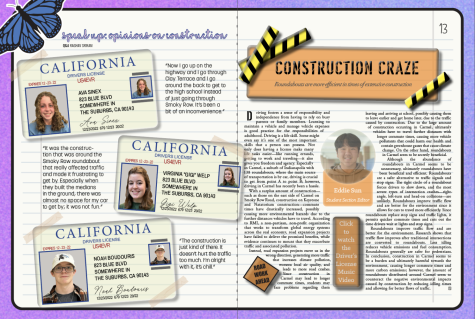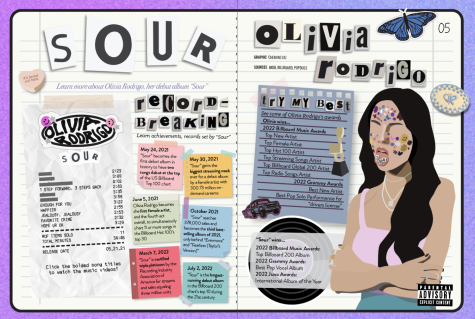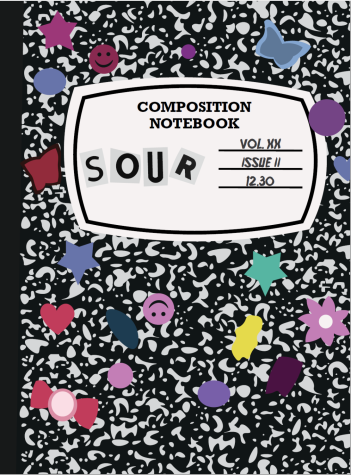asian representation
In light of rising Asian American artists in modern media, students reflect on Asian American representation
Recently many new Asian American artists have become popularized in music and film: for example, the recent emergence of K-pop becoming incredibly popular. Now, there is a lot more Asian American representation in modern media, compared to what it once was. However, sophomore Ava Luo said there is still a long way to go for Asians to have what she would call good representation in the media.
“I think that in America, the representation Asians receive is still distorted,” Luo said. “I feel like a lot of the time people don’t realize that other countries are evolving as well; they aren’t just stuck in the past. School teaches a bit about the history of some Asian countries, but they don’t really talk about how far they’ve developed so a lot of the time students are stuck with a distorted perception of Asian countries in general.”
Regarding Asian representation in media, particularly music, Luo said there has been a bit of progress in America in recent years, with the exploding popularity of groups like BTS and Blackpink, but she said that also comes with some negative impacts as people now associate not only K-pop but Asian artists in general with those two groups. As a result, she said, it still creates a very narrow perspective of Asian music.
Luo is not alone as freshman Ismail Kheri said he has a similar viewpoint.
“It is sad to see Asian representation distorted like this. In a continent with almost 50 countries, it’s hard to believe almost none of them have been correctly represented,” Kheri said.

Sophomore Ava Luo listens to her favorite song called “Charmer” by Stray Kids while walking in the hallway.
Freshman Kevin Tran said he agrees with Kheri and added to why he thinks Asian representation is underrepresented.
“Pop musicians don’t really promote, people just know them,” he said. “Korean (artists) have to promote by posting TikToks with other artists or of just them and going onto music shows (in order to receive more attention). Sometimes even then, their popularity doesn’t increase.”
On the other hand, freshmen Jennifer Hu said she was heartened to see Asian representation increasing over the past few years.
“Asian representation used to be much worse, but now it’s better because (people started using) social media platforms such as TikTok, YouTube and Instagram to promote Asian representation especially during COVID,” Hu said. “For example, I got into BTS and Seventeen during COVID because of their promotions through YouTube.”
Film teacher Grant Steckbeck says that he believes that there is still not enough Asian representation in the media.
“I believe that there is not yet enough representation for Asians in, at least, American cinema. I will acknowledge, however, that there has been an uptick in more mainstream representation of Asians in film. I’m thinking of ‘Everything, Everywhere, All At Once,’ ‘Crazy Rich Asians,’ ‘Shang Chi,’ and ‘Parasite.’ Now, I know there are more out there, but those are the ones that come to mind immediately. This all shows me that there is currently a push to get these stories and perspectives out there.”
Luo said the lack of Asian representation in the music she listens to brought her closer to Asian music.
“The minimal amount of Asian representation in pop music kind of pushed me to get into K-pop. Now, I would say around 90% of the music that I listen to nowadays is Asian music,” Luo said.
Hu said she agreed and added why she continued to listen to Asian music.
“Personally, I think that the production of Asian music has a larger variety of genres than most of the American pop that I hear,” she said. “(Based on what I’ve heard), American pop genres usually surround the concept of love, whereas in K-pop, they incorporate more of their personal experiences or traditional music into their songs.”
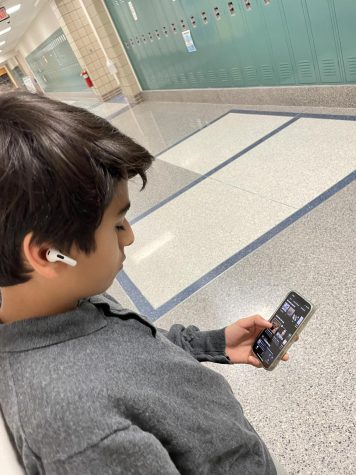
Freshman Ismail Kheri scrolls through Spotify browsing different music options. Kheri normally listens to his music on Spotify with his AirPods.
Kheri said he feels Asian representation is important, and it still lacks in many ways.
“Representation has always been a big thing for me. Lack of representation can be a huge disadvantage when it comes to understanding a culture. Being Desi (a word that describes people, culture and products of the Indian subcontinent), music is embedded in our modern culture. Whether it be in movies, weddings or big events, I have been exposed to a considerable amount of Desi music throughout my life,” Kheri said. “What I have seen regarding Desi music is not always accurate. You usually only see stereotypical inaccurate Bollywood music in western movies or shows.”
Tran said he agreed with Kheri’s views about Asian representation.
“I feel like Asian representation is not enough in (the) media and music industry and if they are represented, they are given stereotypical roles (in movies),” Tran said.
Steckbeck said that there are many ways people can support Asian artists.
“Patronage is probably the biggest thing we can do. Keep buying and consuming their art. Personally, I tell my students that their stories are important. All of their stories are important, but especially those who have the perspective of a marginalized group. People of color, women, Indigenous peoples, religious minorities, all of them have stories to share with society. We can also help by sharing these stories. That’s why art classes are important. Visual art, performing art, film, radio, TV, print, all of it,” he said.
Luo said she can relate with Steckbeck’s viewpoint. “I think there needs to be more Asian American representation in American media because growing up I never saw anyone like me in movies or shows,” Luo said.
Even though Asia representation in the media and music industry have increased recently, there’s still a long road ahead for artists to be as well respected as other artists.
“(The best way we can support Asian artists now) is by continuing to uplift our young artists, through learning their backgrounds and spreading their voices,” Chen said.
Kheri said, “Everyone has a different perspective and they deserve to have it expressed.”
“Asia is a continent so diverse that its culture and music deserves to be shared,” he said. “So you should be open to changing your habits up a little bit and maybe you will learn something new.”


